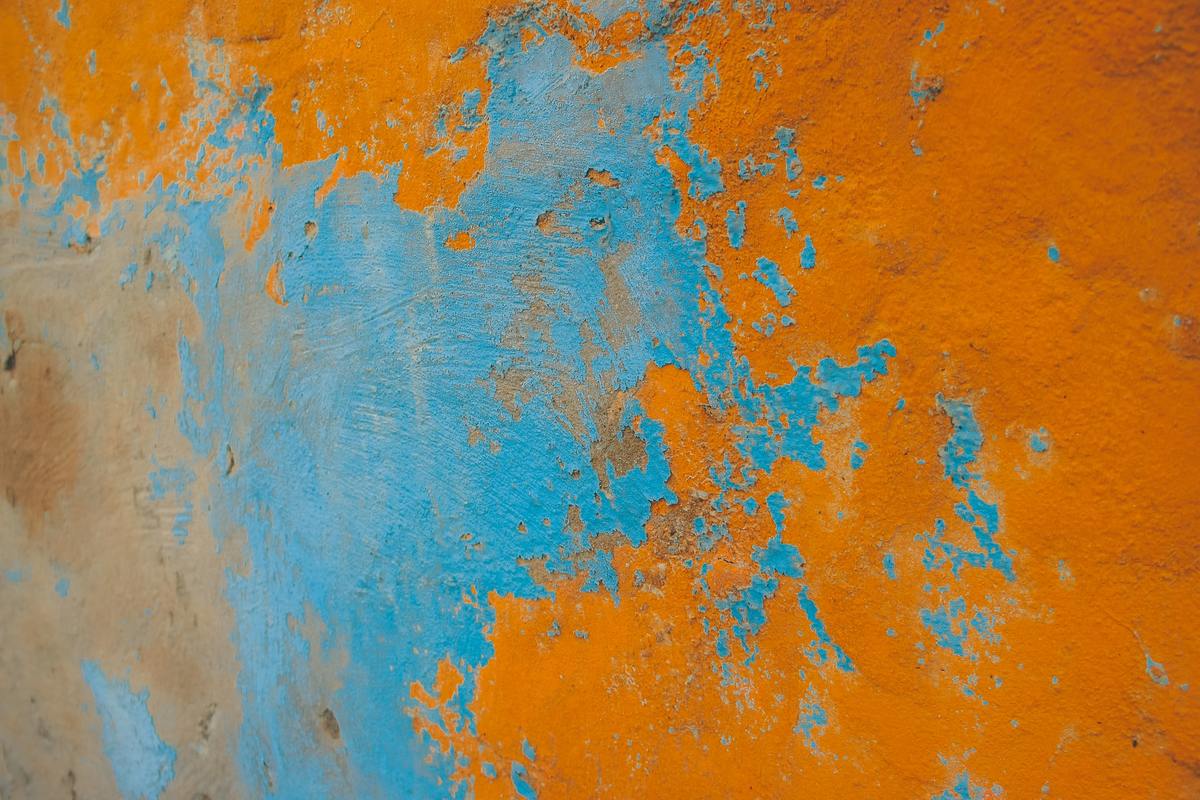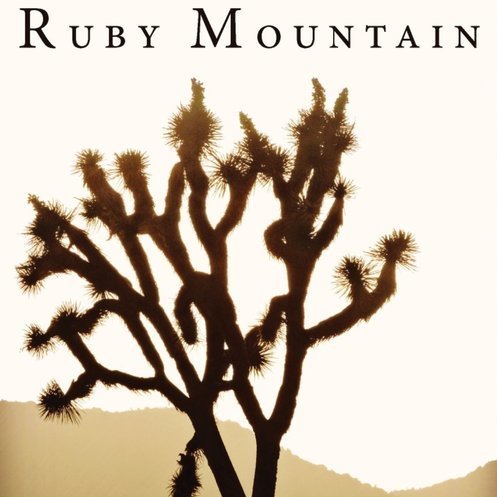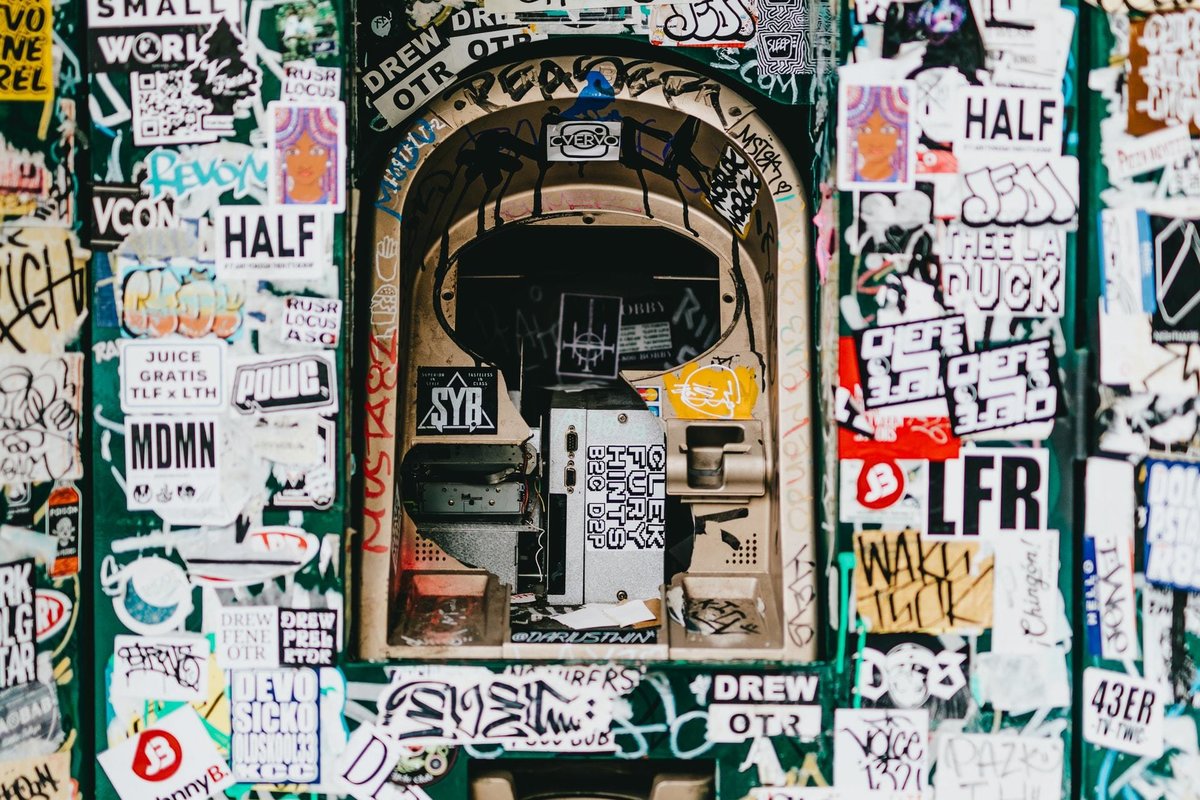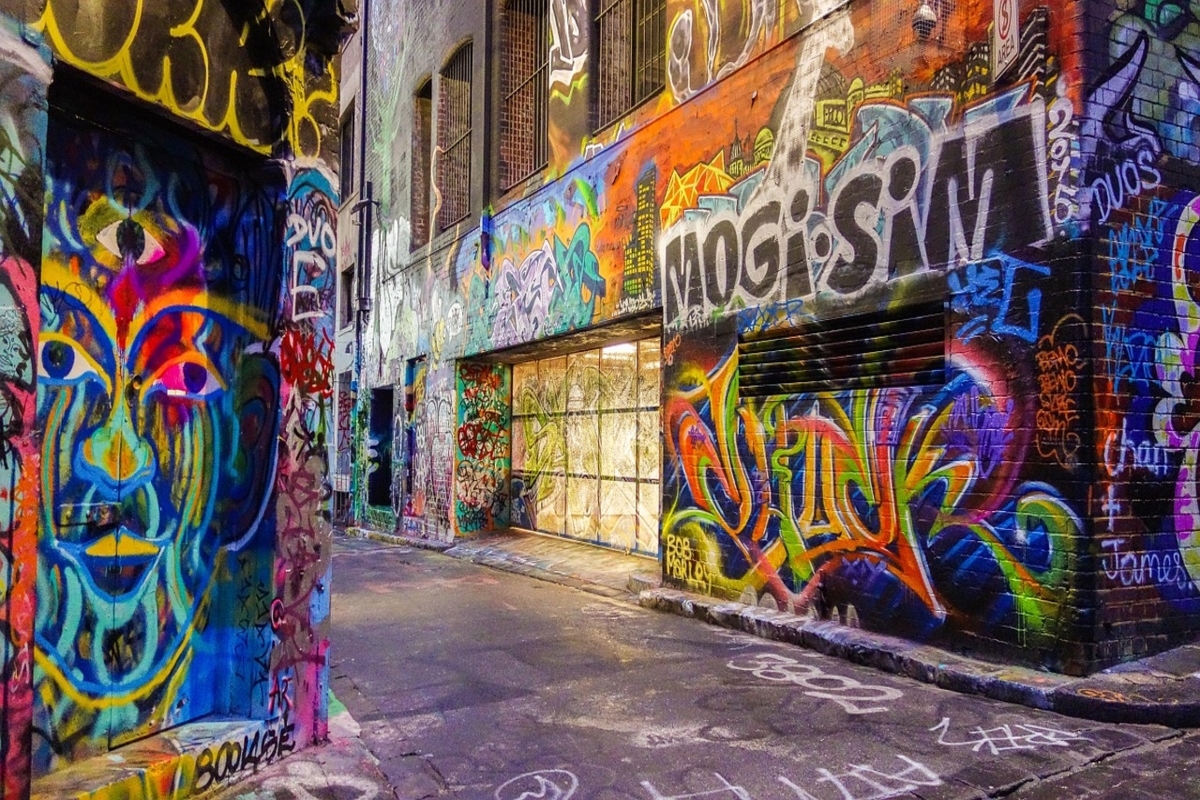Creative Nonfiction
First Place Winner
Creative Nonfiction Prize
Tag: grief
Animals Saved Me
Ruby Mountain by Ruth Nolan
by Cindy Lamothe
Nolan’s soft, subtle expressions paint these invisible terrains with a quiet, haunting power. The speaker’s thirst for her previous life is a mirage that beckons us forward…
Random Sample
by Alan Sincic
Honorable Mention, Howard Frank Mosher Short Fiction Prize
So not but a week after the funeral and this thing, this crazy thing that happens. I’m trekking through Midtown – no temp job that day – past CBS Headquarters. You know, Black Rock. You’ve seen the pictures: black as a burnt marshmallow, thirty-eight floors of granite, kind of a cross between the Tower of… Continue reading Random Sample
by Alan Sincic
Honorable Mention, Howard Frank Mosher Short Fiction Prize
In the Middle of the Night
by Catey Miller
Honorable Mention, Katherine Paterson Prize for Young Adult and Children’s Literature
Twenty-one days ago, exactly one month before Layla and I were set to move to different states for different colleges, I was lying on the couch in Layla’s family’s den, pretending to be asleep while she and her mom, Ellen, had a loud fight.



